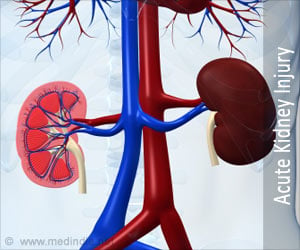Adults with incident coronary heart disease (CHD) are at higher risk for faster cognitive decline in the long-term, stated new research.

TOP INSIGHT
Coronary heart disease might directly contribute to cognitive decline due to the lack of oxygen to the brain.
Three cognitive tests were used to assess participants' cognitive function in eight waves across a 12-year follow-up period. First, verbal memory was assessed by testing immediate and delayed recall of 10 unrelated words. Second, participants were asked to orally name as many different animals as possible in one minute to test semantic fluency. Third, temporal orientation was assessed through four questions regarding the current date (day, month, year and day of the week). Higher scores indicated better cognitive function.
During the study period, 5.6 percent of participants experienced a heart attack or angina. Those with CHD showed faster rates of cognitive decline in all three tests. Patients diagnosed with angina showed a robust decline in temporal orientation, whereas heart attack patients had significant cognitive decline in verbal memory and semantic fluency, and worse overall cognitive decline.
This study found no association between cognitive decline and pre-CHD-diagnosis, nor a short-term cognitive decline after the CHD event occurred.
"Even small differences in cognitive function can result in an increased risk of dementia in the long-term," said Wuxiang Xie, PhD, the study's lead author and a research fellow at the Imperial College School of Public Health in London. "Because there is no current cure for dementia, early detection and intervention are essential to delay the progression to dementia. Heart attack and angina patients need careful monitoring in the years following a diagnosis."
In an accompanying editorial comment, Suvi P. Rovio, PhD, adjunct professor at the University of Turku Research Centre of Applied and Preventive Cardiovascular Medicine in Finland, said the links between cardiovascular and brain health suggest that compromised cardiovascular risk factor levels from early age may damage both vascular and neural tissues of the brain.
This study has several limitations, including the use of self-reported doctor-diagnosed incident CHD, as well as a lack of accurate information on the date of CHD diagnosis, symptom severity, acute treatments and medications. Another limitation includes measuring cognitive function using isolated tasks. Further research is warranted to determine the exact link between incident CHD and cognitive decline through elaborate and comprehensive assessment.
Source-Eurekalert
 MEDINDIA
MEDINDIA




 Email
Email










